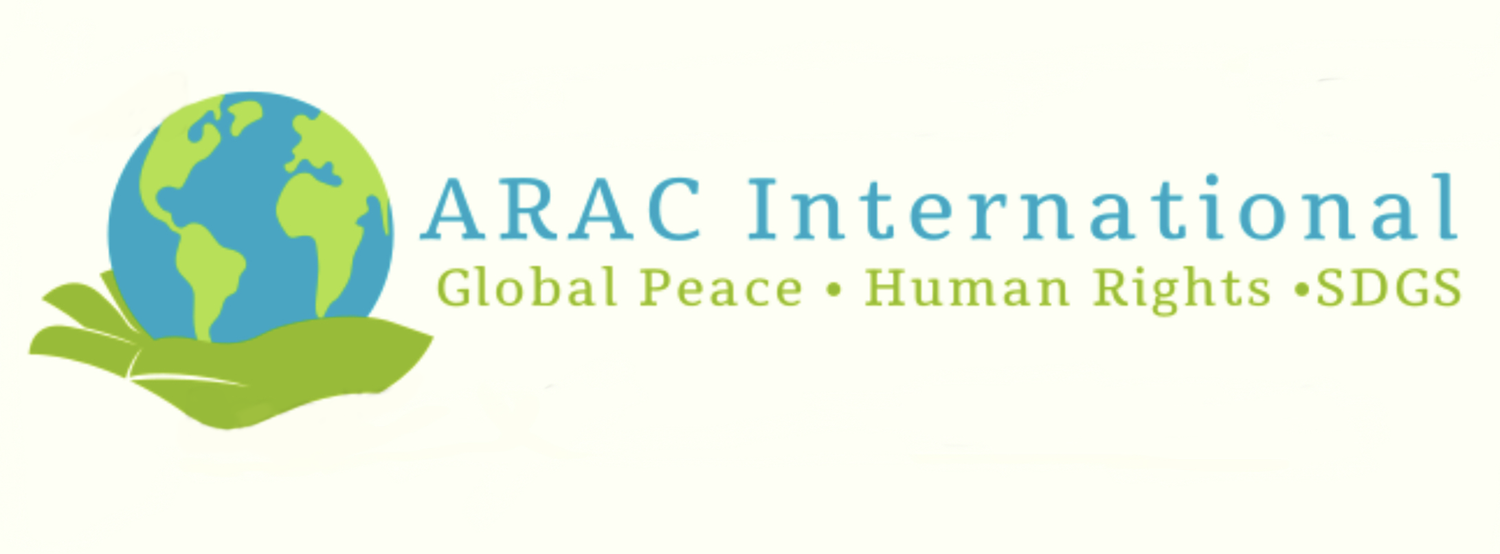Conflict Prevention and Mediation Advocacy Program
With the Positive Peace frameworks at the foundation the Conflict Prevention and Mediation Program for ARAC International is structured around the core tenants of education and awareness, along with training, policy analysis, and development. The program aims to utilize the Positive Peace Integrative Framework (PPIF) to support and bolster institutions and social structures that reinforce peace and stability. Below is a proposed structure for this comprehensive program:
Program Overview:
Enhancing Peace and Stability through Education, Awareness, and Policy Innovation
Primary Objective: To leverage the principles of Positive Peace in fostering a collaborative environment among ARAC International, IOSI Institute for Global Security Research, and Lladner Business Solutions to develop and implement strategies that strengthen social structures and institutions promoting peace and stability.
Program Components:
Educational Initiatives and Awareness Campaigns:
Goal: To increase the awareness and understanding of Positive Peace principles among stakeholders, including government bodies, educational institutions, and the general public.
Activities:
Develop and distribute educational materials grounded in PPIF.
Host public seminars and workshops.
Launch social media campaigns highlighting Positive Peace success stories.
Training Programs:
Goal: To equip individuals and institutions with the necessary skills and knowledge to apply Positive Peace principles in conflict prevention and mediation.
Activities:
Conduct targeted training sessions for educators, policy makers, and community leaders.
Create online courses on Positive Peace and conflict resolution techniques accessible to a broader audience.
Policy Analysis and Development:
Goal: To analyze existing policies impacting peace and stability and develop new policies that align with Positive Peace principles.
Activities:
Conduct comprehensive policy reviews identifying gaps and opportunities.
Engage in stakeholder consultations to gather insights and recommendations.
Develop policy briefs and recommendations for local, national, and international policymakers.
Strategic Implementation and Evaluation:
Goal: To ensure the implemented strategies are effectively contributing to peace and stability.
Activities:
Develop and deploy monitoring and evaluation tools to assess the impact of educational, awareness, and policy initiatives.
Facilitate regular review meetings with stakeholders to discuss progress and refine strategies as necessary.
Key Stakeholders:
ARAC International
IOSI Institute for Global Security Research
Lladner Business Solutions
Mediators Beyond Borders
Local and national government bodies
Educational institutions
Civil society organizations
Local communities
Strategic Goals:
Short-term: Establish a solid foundation of understanding and support for Positive Peace principles among key stakeholders.
Medium-term: Implement targeted educational and policy initiatives that begin to shift institutional and social practices.
Long-term: Achieve measurable improvements in peace and stability through the institutionalization of Positive Peace principles.
Success Metrics:
Participant engagement levels in training and educational programs.
Adoption rate of policy recommendations by organizations and institutional bodies.
Improvements in local and national stability indicators.

